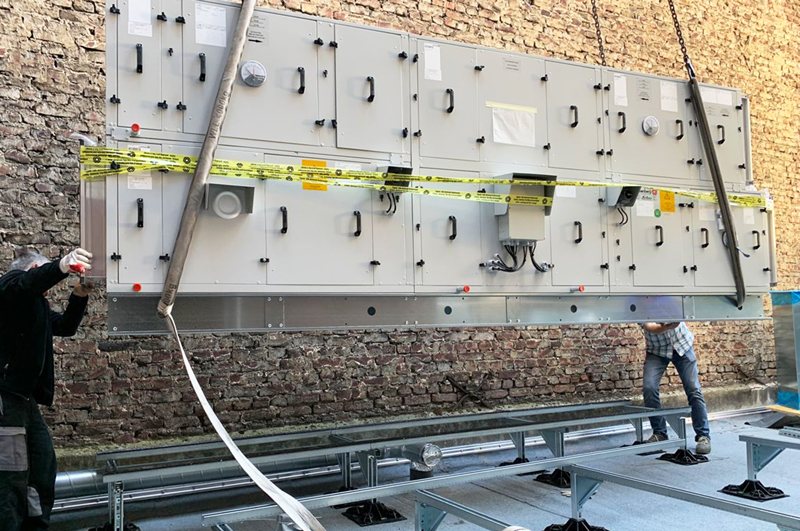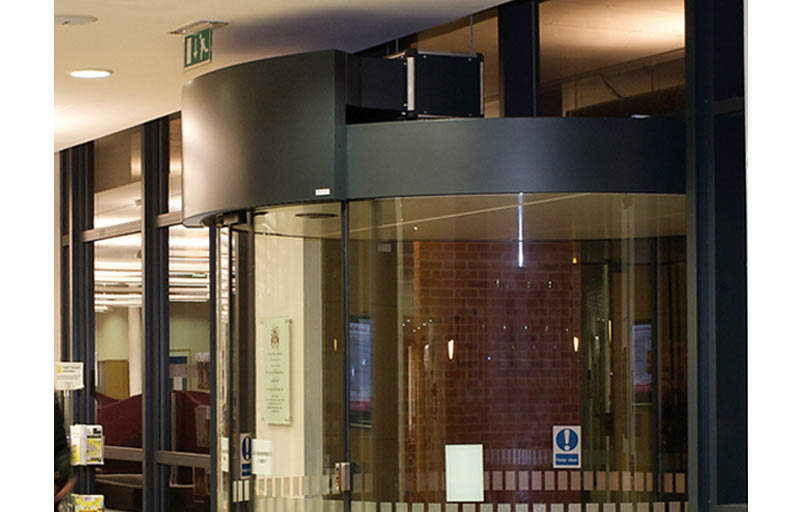The importance of breathing clean air
Air is an essential element in human survival, and the fact that this air is pure is an exponential benefit to that survival.
For the best quality of life, the air that we breath must be the purest as possible because air nourishes with oxygen the lungs, the blood and, consequently, the rest of the organs. Surprisingly, indoor air is five to ten times worse than outdoor air, according to several WHO studies, even in urban areas.
Among the pollutants found inside homes, offices, restaurants and leisure facilities we can number: carbon monoxide, volatile organic compounds, sulphur dioxide, ozone, household chemicals (from hygiene to cosmetics), nitrogen oxides, radon and tobacco smoke. In addition to fungi, mould, viruses, bacteria or animal hair. All these air pollutants are harmful to health and can also cause allergies that affect the respiratory tract.

Recomendations to refresh air indoors
It is for all this that from Airtècnics we want to transmit some easy and practical advice to improve the quality of the indoor air in homes and workplaces. First of all, reduce the exposure of people to polluting agents. Avoid the presence of children and sensitive people when cleaning. Turning on fans when cooking or avoiding lighting candles and air fresheners in the house are some ways to avoid or reduce exposure.
Carry out adequate ventilation practices, that is: open windows (and doors if necessary) so that there is air renewal in the interior space. The time of opening will depend on the conditions of the exterior space, but the most effective is to do it a couple of times a day in the homes. In public establishments and workplaces, the ideal is to combine mechanical ventilation with natural ventilation.
In addition, ventilation units and air filters should be checked to ensure that they maintain an optimum state of conservation that guarantees adequate air quality. Another good ally for improving indoor air is air purifiers and disinfectants.
Tobacco is the biggest indoor pollutant
Another issue affecting air quality is humidity and temperature. When both environmental factors are very high, the air is of lesser quality, posing a greater risk to health as organisms such as viruses, fungi and moulds can proliferate.
Finally, all the institutions in charge of studying air quality (WHO, Ministry of Health, Environment, various ministries, international institutions) define tobacco smoke as one of the components that contributes most pollutants to the interior of the house and discourage smoking, especially indoors.
Air quality is a fundamental right demanded by the WHO and which in European Union countries is already legislated and included in various regulations that apply to new constructions, workplaces, etc.
The benefits of breathing quality air are so extensive that they range from a higher quality of life, which translates into a longer life, to more productivity at work; as well as improving sleep, providing quality in rest, reduction of sick leave and, in general, greater comfort.
And taking into account that human beings breathe up to four million litres of air annually, it is time to consider the quality of this air and if it is not in our hands to improve the air that flows inside.
Related news:








